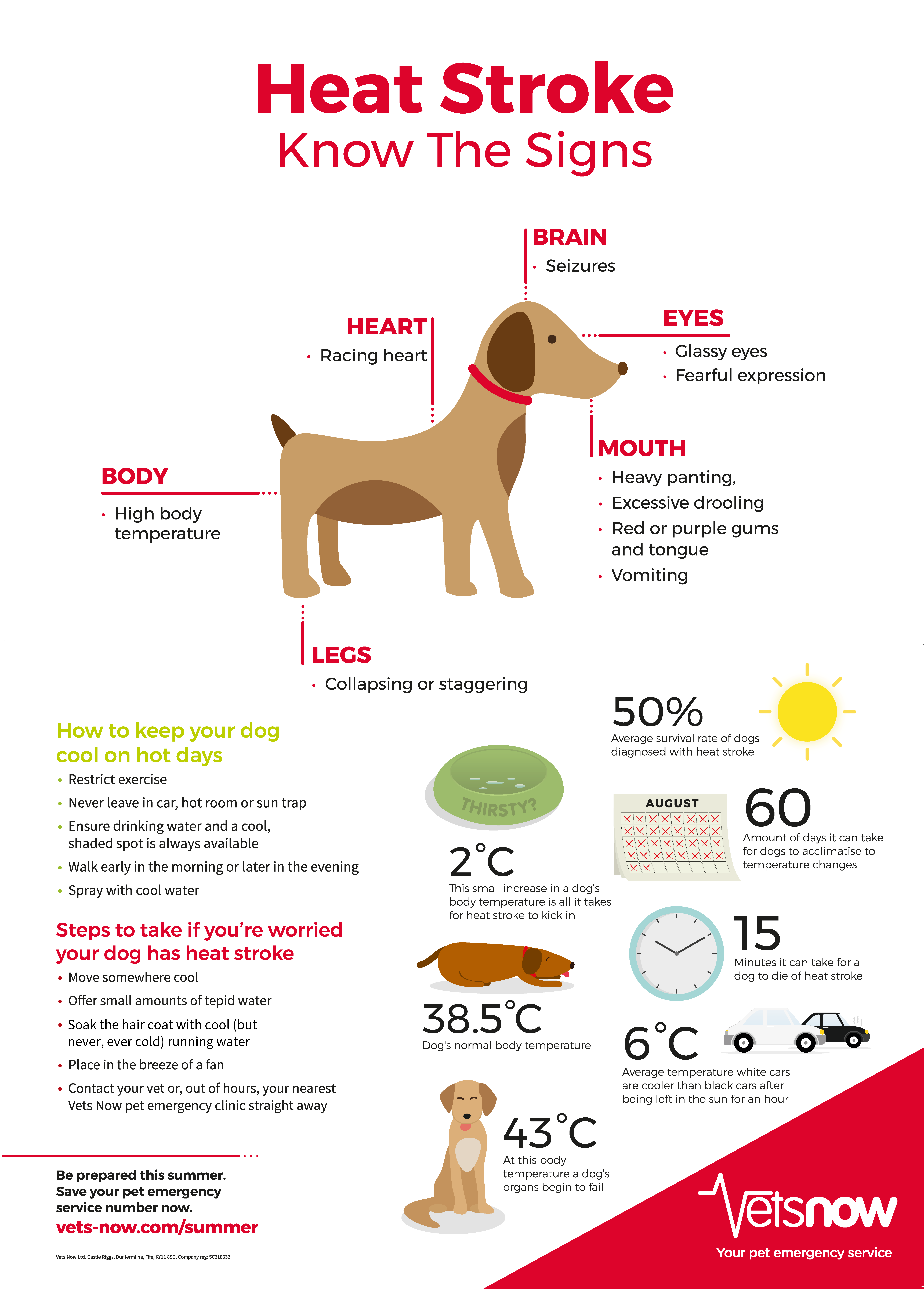Dog Daycare Toys And Games
Dog Daycare Toys And Games
Blog Article
Can Dog Day Care Cause Disease?
Dogs in childcare obtain lots of exercise, socializing with various other canines and unique experiences. This can be particularly helpful for pups and pet dogs with behavioral issues.
There are numerous lawful considerations you need to take into consideration when beginning a dog daycare business. These include the structure of your service and conformity with federal government laws.
1. Pooch Distemper
Canine distemper is spread through direct contact with the bodily fluids and waste of an infected canine, but it can likewise be transmitted through shared water and food bowls or with airborne droplets. This extremely transmittable ailment is most dangerous for puppies, but it can impact dogs of any age and is fatal for many if left without treatment.
First signs and symptoms of canine distemper commonly resemble an acute rhinitis, consisting of dripping eyes and nose with watery or pus-like discharge. As the condition proceeds, a pet will certainly create high temperature, coughing, lowered cravings, throwing up and looseness of the bowels. The infection can additionally strike the nerves, causing seizures, jerking and partial or complete paralysis.
Respectable day cares decrease exposure to infection by requiring inoculations, regular health examinations and adhere to rigorous health procedures. If your puppy seems excessively exhausted or limping, a day of rest may aid him recoup, yet you must prevent taking him back to day care up until these signs clean up.
2. Kennel Cough
Kennel cough, additionally called transmittable canine tracheobronchitis or Bordetella, is a very infectious viral or bacterial disease that affects the respiratory system system. It's frequently transferred with the exchange of saliva or air droplets that a sick pet breathes out. Social canines are at greater threat for infection because of their regular interaction with one another, such as when they play, share food or water, smell each other or just meet in a crowded setting like a pet dog park or day care.
The most common signs and symptom of kennel coughing is a persistent and forceful coughing that seems like something stuck in the throat or retching. Often, pets will certainly spend frothy white phlegm. If left untreated, a pet can establish pneumonia and be at serious threat forever.
A respectable day care facility need to have stringent cleaning and hygiene procedures, sterilize all toys, food and water bowls consistently, and be open regarding their vaccination plans. Keeping your dog approximately date on their vaccinations, especially for bordetella and canine influenza, will greatly minimize their chances of getting the health problem.
3. Parvovirus
Canine parvovirus, or parvo, is a highly contagious viral health problem that can be fatal for puppies and young person dogs with inadequate immune systems. It's most generally spread out by direct contact with infected canine feces-- which can happen when pet dogs sniff, lick, or preference infected feces-- and indirectly from contaminated individuals, objects, or settings (like kennels, grooming areas and yards). Puppies and pet dogs without complete inoculation histories are specifically prone to parvo.
The infection is very resilient, making it through in the environment for as much as nine years, and can conveniently be transferred in between dogs by call through feces or on footwear, clothing, and bed linens contaminated with parvovirus. Otherwise treated quickly dog boarder near me with IV fluids, electrolyte equilibrium, vomiting control drugs and prescription antibiotics to stop additional microbial infections, a canine will quickly dehydrate and establish severe looseness of the bowels, which leads to shock and blood poisoning. Parvo is difficult to treat as soon as a canine has actually become ill, however with ideal veterinary treatment, many young puppies do endure this disease.
4. Dog Flu
Canine flu infection is highly infectious and spreads via direct call, sharing food and water bowls, licking or nuzzling other canines, with air-borne beads, and through polluted surface areas. Vaccination is effective in lowering the risk of infection and break outs.
The majority of affected canines establish a mild breathing infection with a coughing that lasts 1-3 weeks. They might also have nasal and ocular discharge, sneezing, and sleepiness. Several of the most major situations lead to pneumonia and a high fever.
If your pet exhibits any one of these signs and symptoms, do not bring them back to childcare until they are healthy. If your pet dog is revealing signs of extreme exhaustion or limping, speak with your vet as soon as possible and see to it they are on good health supplements to assist construct their resistance. A veterinarian will examine your pet for symptoms of the flu by taking an example from the nose or throat, and blood examinations can be done to confirm.